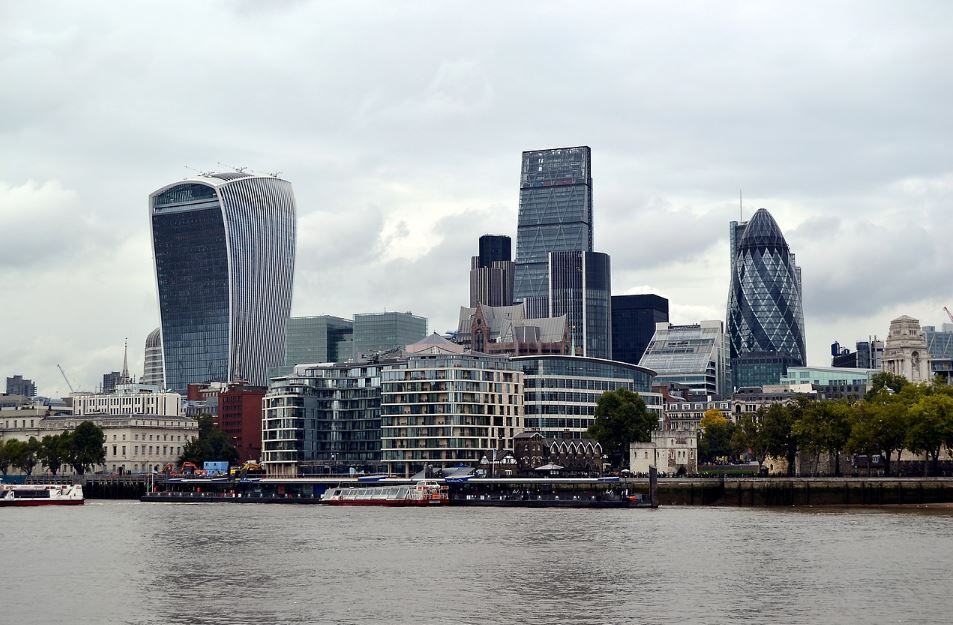The UK’s largest financial firms need to have a plan for “all eventualities” regarding the UK’s exit from the EU, the Bank of England (BoE) warns.
BoE governor Mark Carney said that although the majority of firms in London have contingency plans in place, some financial businesses need to have plans in place in the event of a “more extreme” Brexit outcome.
Carney said that it’s vital for Britain and the EU to understand each other’s banking rules following Brexit.

So far, several banks have said they will be relocating some jobs out of London because of Brexit, including HSBC, UBS and Goldman Sachs.
In a letter to all banks and financial firms with branches in the UK that operate in the EU, the BoE has given them until the 14th of July to outline what contingency plans they have in place.
The letter stresses that some firms may not be prepared for the “most adverse potential outcomes,” such as if interim arrangements do not happen and a trade deal is not reached once the UK leaves.
Mr Carney said: “Prudent planning means that you have to also plan for a shorter time horizon and a more extreme outcome.
“That in no way shape or form is saying that that’s what our expectation is, and certainly we’ll be absolutely clear that is not in the best interest of the EU 27 or the United Kingdom or the global system as a whole.”
When asked whether firms should move now, Carney was quoted by the BBC as saying: “No, that’s not the most prudent. It’s prudent to be in a position to continue operating after the UK leaves.”
There are many American and European banks located in London that offer their services throughout the European Union thanks to “passporting”.
Carney is urging the UK and EU to make a deal that will allow UK-based banks to offer services throughout the EU and vice versa.
The two parties are “ideally positioned” to strike a deal as they currently have exactly the same banking regulations.
